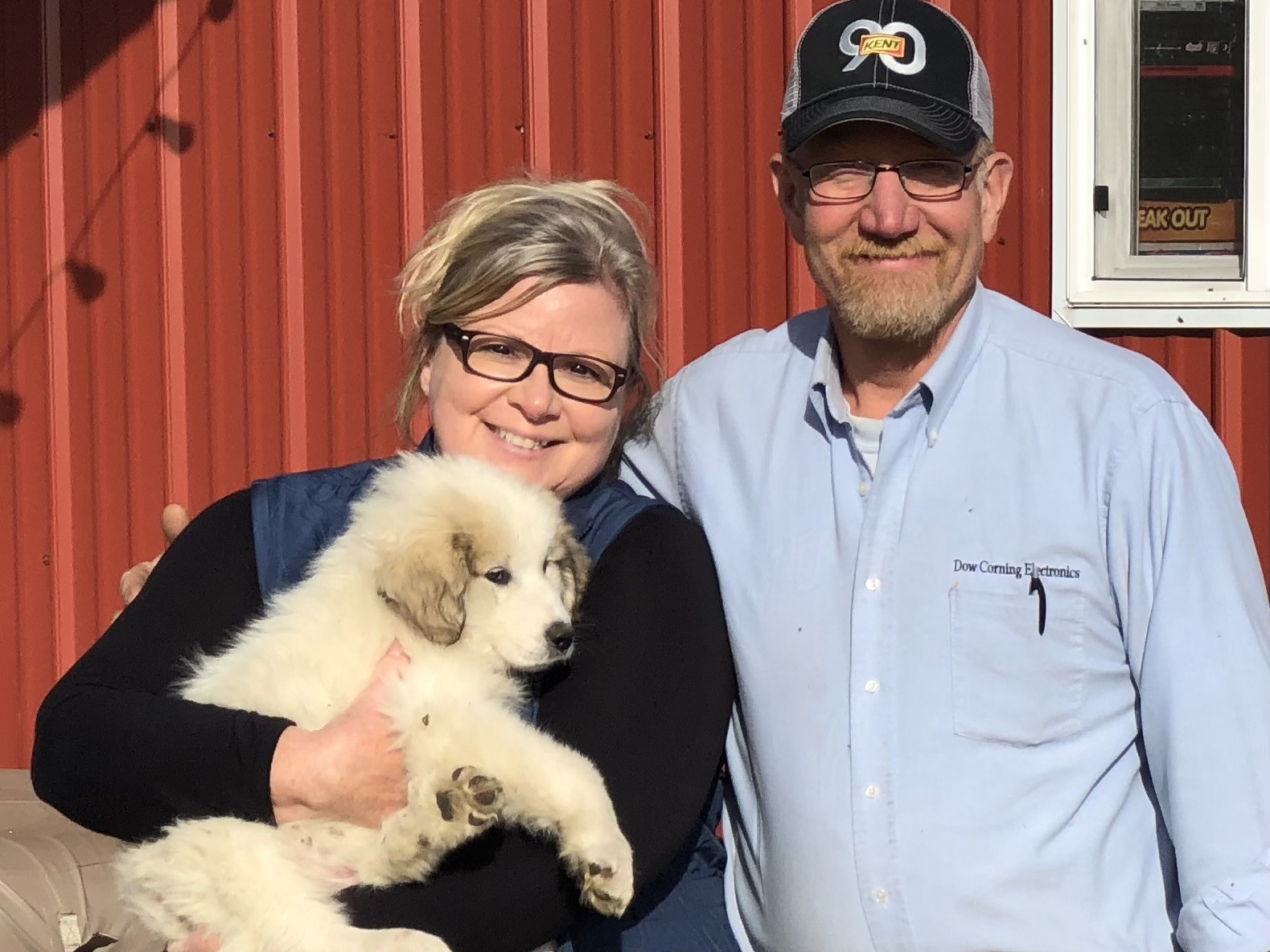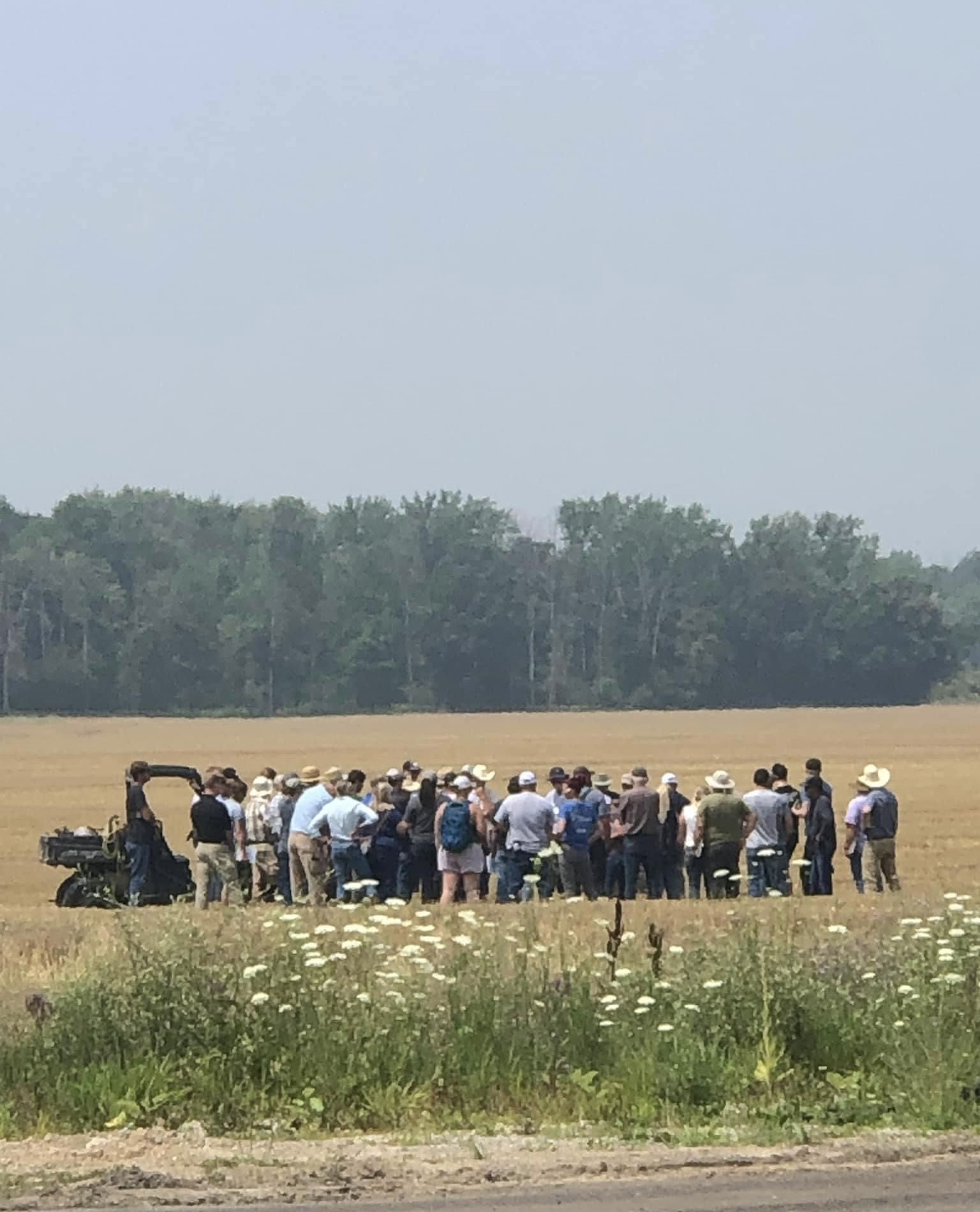
About Our Farm
From Crops to Cattle
In 2001 we took ownership of what had been a successful cropping operation and continued to farm the land that way for several years, raising a few head of beef for our own freezer. With five growing boys we went through a lot of groceries, and, we valued knowing where our food came from. As it turned out our friends and family did, too!
When people discovered that we raised beef on our family farm, the first question many of them asked was “Is it grass-fed…?” As we researched what that meant we became more and more convinced of the many benefits of pastured meats— for the animals, for the consumer and for the environment. We began thinking about new ways to steward the land we owned and purposed to learn more about sustainability and regenerative land practices. We are grateful for the mentoring of friends and experts at Michigan State University, Understanding Ag and Soil Health Academy as we’ve made the journey from crops to cattle.

In 2011 we made a full transition to a 100% grass-fed and grass-finished beef operation and since then it has been our mission and vision at JNelson Farms to provide a nutritious, responsibly raised, superior product to our customers. Our carefully selected black angus and red angus cattle are especially well-suited for life in lush pastures, enjoying supplemental hay in the carefully managed paddocks of our 670 acre operation headquartered in Hope, Michigan.
We are certified with the Michigan Agriculture Environmental Assurance Program (MAEAP) as a livestock operation and as such, we are proactive in preventing or minimizing agricultural pollution risks to Michigan's land and water. We are also proud to be a verified regenerative land base through the Savory Institute's Land to Market Ecological Outcome Verification (EOV). Farms that hold the Land to Market EOV have volunteered to measure outcomes with the goal of better understanding their farm's impact on the things like soil health, sequestered carbon, water and biodiversity.

In the ongoing quest to learn all we can about regenerative agriculture, we hosted our first Soil Health Academy in 2023 and we knew it would be a great opportunity to learn from leading experts in the field of regenerative agriculture. We were also excited about providing an opportunity for farmers to connect with other farmers, a rare opportunity because they’re all busy, well…farming!
